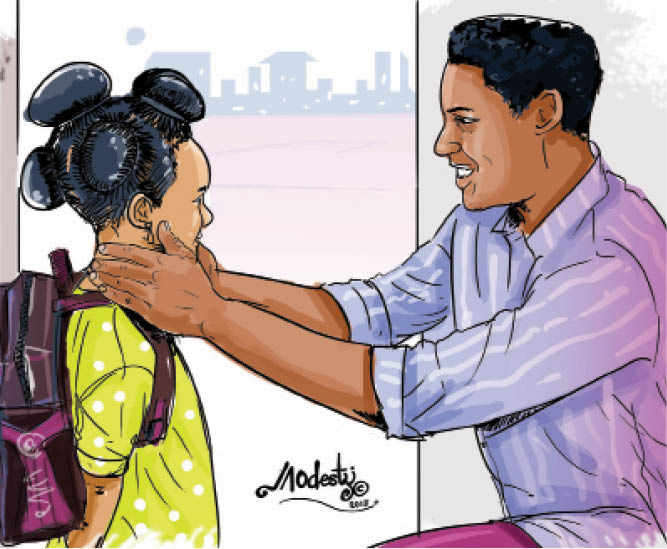It is the beginning of a new academic year and many children are, taking the first step in their journey for the acquisition of formal education, as they congregate nationwide for their first day in school.
If your child is starting preschool this term, you may be approaching this major milestone with conflicting emotions. These emotions are normal. Your child is also bound to have a host of feelings about this transition; feeling proud to be a big kid but at the same time worried about being separated from you and starting something unfamiliar.
Here are some tips to assist your child get comfortable starting preschool, according to a guidance counsellor Hannatu Daudu.
Of course, it’s not just a big day for the children themselves. In many cases the child will be the eldest in the family, and it will be the first time that the parents are seeing their child off to school, or taken into the care of someone else.
That can, understandably, be a difficult thing for a parent to grapple with so, we have asked a primary school teacher for some advice on how both you and your child can prepare for the big day.
She said it is likely that the child will be a bit scared, but too nervous to say it, so parents should find ways to reassure them that they are loved and the new place they will be spending time at will be fun for them.
She said at home, parents should practice eating out of a lunchbox and putting things in the bin so as to guide the children on what should go into the waste bin, and what should be kept in their lunchbox and brought home.
She also said parents must ensure that they have at least two mobile numbers of teachers which they can call, beside the number of the school, should something happen for which there is need to make contact.
Mrs Hannatu also urged parents to label everything colourfully for their children to ensure that when they misplace their school materials it can easily be traced back to them.
“You don’t want to be buying a new jumper and lunchbox or books all the time,” she said.
“If your child is allergic to anything, make a little card and list those allergies. The teacher can then stick this to the desk and inform their colleagues on duty, to ensure that everyone knows how to care for your child properly.
“If you can, please teach your child how to write his/her name. This is a great aid to a teacher if a child can identify and label his/her own worksheet or book. It also increases the child’s sense of ‘ownership’ of work,” the guidance counsellor said.

 Join Daily Trust WhatsApp Community For Quick Access To News and Happenings Around You.
Join Daily Trust WhatsApp Community For Quick Access To News and Happenings Around You.


